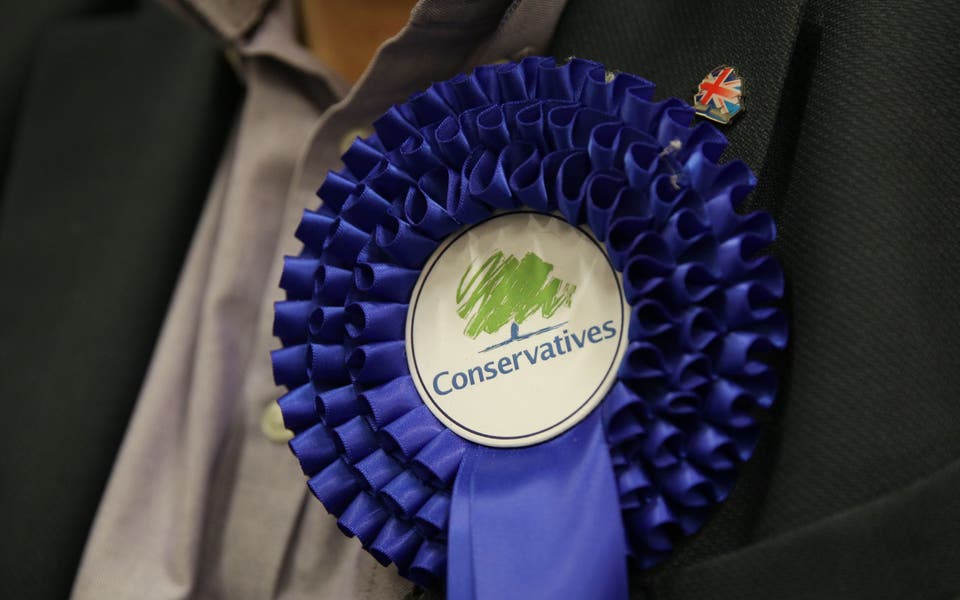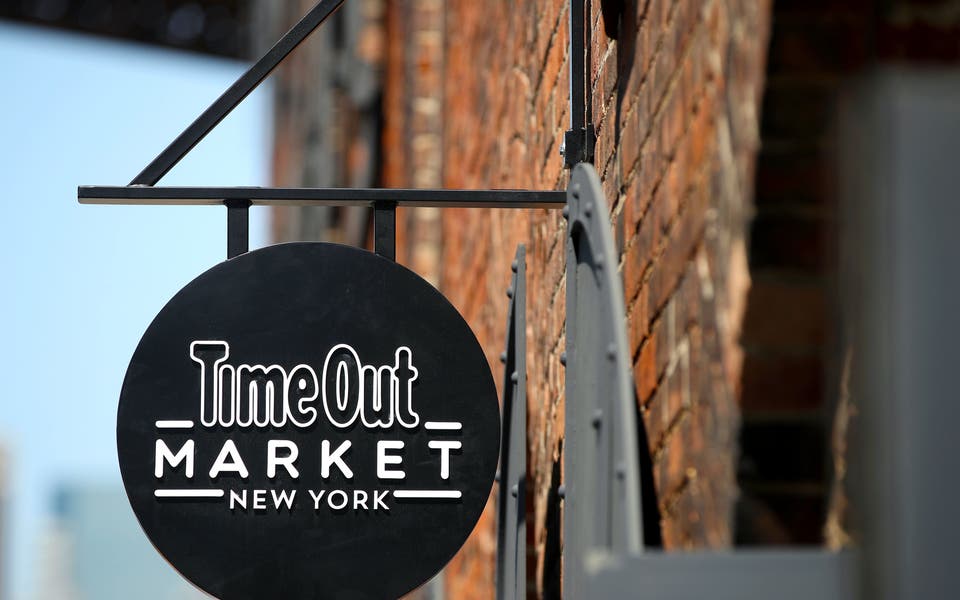YouGov shares crash after shock profit warning in ‘busiest year for elections on record’
With well over a billion voters across the globe going to the polls this year, YouGov polls and projections have been all over newspaper front pages. YouGov has published nine public polls since the general election was called less than a month ago, and is likely to see more attention in the run-up to elections in the US and France later this year.
Most electoral polls are not a large source of revenue for YouGov, which makes more of its money conducting market research for businesses. Polling for elections instead exists more as a ‘shop window’, to entice corporate clients to buy its services.
So far this year, they haven’t. The business said it has “seen lower sales bookings than anticipated” and so now expects revenue for the year to 30 June to fall between £324 million and £327 million. Profits are expected to fall between £41 million and £44 million, down from £49 million last year.
YouGov said sales of its “fast-turnaround research services” – where businesses see the public’s answers to questions come in at real-time – have been especially slow.
Germany, Austria and Switzerland in particular have struggled. The German economy has had a slow recovery from the pandemic, and is largely stagnant since mid-2022.
YouGov bought GfK’s focus groups arm earlier in the year, and said that this is performing well, but some of the revenue it had expected that business to contribute this year will instead be recognised in 2025.
Shares plummeted this morning by as much as 41% to 488p, taking more than £400 million off of the pollster’s market value.
Peel Hunt analysts Jessica Pok and Melanie Yang said: “Today’s downgrade is larger than we expected. We plan to revise our forecasts in due course.”
Read More
YouGov had been one of the London Stock Exchange’s great success stories. The firm founded by Stephan Shakespeare and Nadhim Zahawi floated on AIM in 2005 with a market cap of just £19 million. By the end of 2021, it was worth 100 times that amount after a number of successful acquisitions in the US and mainland Europe. But the shares have fallen by about 70% since then, including a 60% decline this year.
Shakespeare – who had been sole CEO for most of YouGov’s growth era after Zahawi became an MP in 2010 – stepped down from the role in 2023. Former Meta and WPP executive Steve Hatch replaced Shakespeare, who became non-executive chair.
YouGov said: “As we move into FY25, we will focus on optimising our cost base and prioritising investment in key growth areas such as upgrading our data products, continuing to build out our AI capabilities and enhancing our sales organisation to further capitalise on YouGov’s unique asset: its high-quality global panel and proprietary dataset.”



